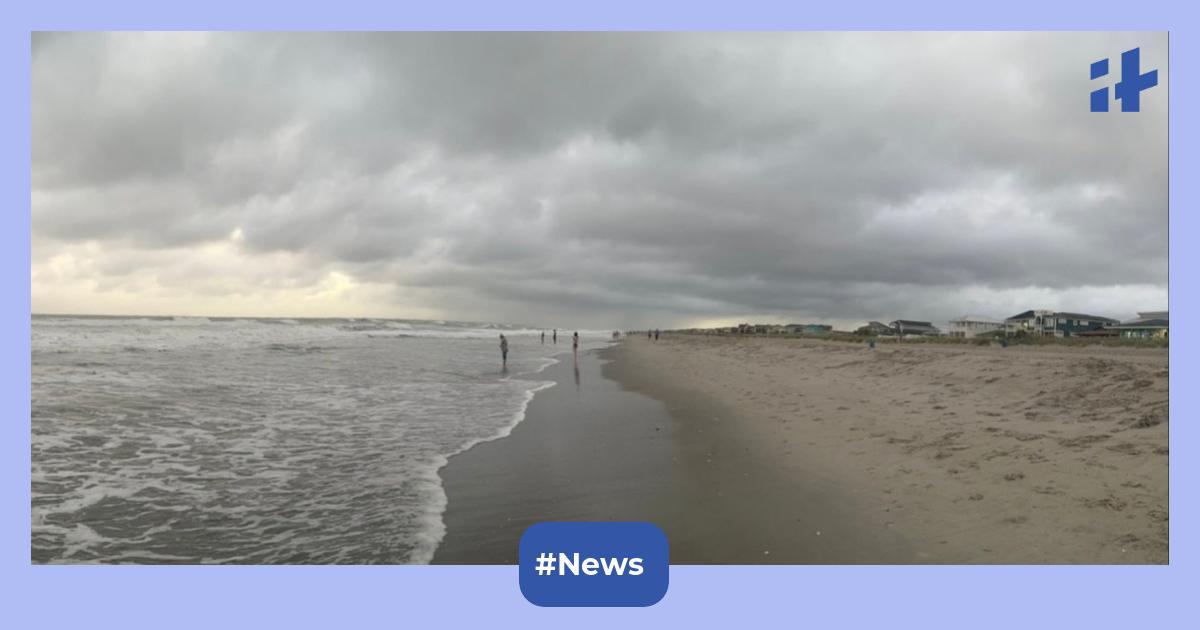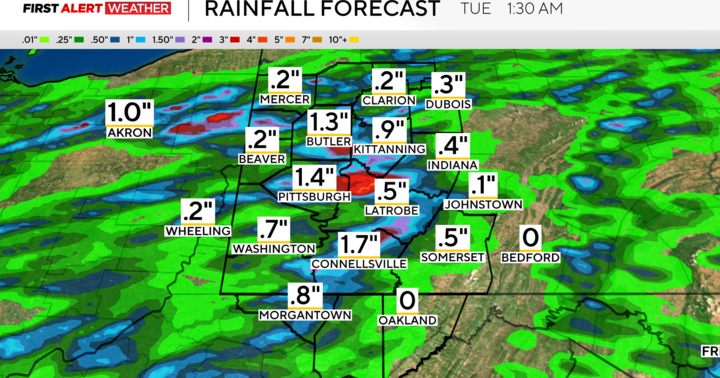Cape Town Floods: New Update on Major Road Closures, Travel Chaos, and Impact on Tourism - Travel And Tour World
Monday, July 7, 2025

Cape Town, one of South Africa’s most iconic tourist destinations, is currently grappling with the aftermath of devastating floods that have disrupted daily life and crippled transportation across the city. Torrential rains have led to widespread flooding, with major road closures, mudslides, and significant damage to key infrastructure. What has become a tragic natural disaster has left both residents and travelers stranded, with no immediate signs of relief as the recovery process begins.
Having Cape Town as one of the most significant hotspots for overseas tourism, as it draws in millions annually, the flooding recently promises to jeopardize its reputation as a safe and readily accessible destination. The metropolis, known for its picturesque Table Mountain, its posh beaches, and exuberant cultural amenities, now has itself in crisis. The waters, which rose in several days, have impacted the tourists as well as locals, and immediate backlash spreads throughout the city’s tourism sector.
The heavy rains, which began in late June, have transformed Cape Town’s roads into rivers, forcing the closure of key routes and leaving commuters and tourists stranded across the metro. Areas such as the Cape Flats, Western Cape, and Overberg Districts have been hit hardest, with significant damage to infrastructure.
The closures have disrupted major roads like the N1 and N2, both vital for access to popular tourist areas such as the V&A Waterfront, Camps Bay, and Cape Point. Local authorities have advised against all but essential travel in several districts, including the dangerous flood hotspots of Baden Powell Drive and Prince George Drive. With heavy rain continuing, these areas remain highly hazardous.
Tourists have been impacted by road closures and transport delays, especially those relying on public transportation to get to major attractions or airports. The disruption has led to canceled tours, delayed flights, and difficulty accessing key landmarks. For many, this sudden travel chaos has prompted reconsideration of their visit to Cape Town, raising concerns about the city’s preparedness for handling extreme weather events, especially considering its role as a major tourist hub in Africa.
Beyond the damage to infrastructure, the flooding has caused widespread devastation to homes and businesses, particularly in lower-income areas of the city and surrounding districts. With rescue efforts underway, local disaster management teams, humanitarian organizations, and volunteers are scrambling to provide relief to the displaced. Emergency shelters have been set up, and supplies of food, water, and blankets are being distributed to the affected communities.
In addition to the initial wave of flooding, Cape Town and the Western Cape are grappling with the long-term effects of the damage. Many businesses in tourist hotspots have been temporarily closed, and local hotels are struggling with cancellations. Tour operators are working hard to reschedule tours, but with many areas still inaccessible, the immediate future of the tourism industry in Cape Town looks bleak.
The tourism industry, which is a major economic driver for Cape Town, contributes significantly to both local and national economies. In 2024 alone, Cape Town welcomed nearly 9 million international and domestic tourists, generating billions in revenue. However, this recent flooding has led to an immediate downturn in tourism-related activities, with tourists delaying or canceling their plans due to concerns about their safety and the accessibility of the city.
Some of Cape Town’s most popular attractions, such as Table Mountain, the beaches of Camps Bay, and the Winelands, are located in areas now inaccessible due to the flooding. Despite the beauty and allure of the city, the logistical challenges posed by the floods make it a difficult destination for travelers in the short term.
Travel advisories from international governments have added to the uncertainty. With roads impassable and safety concerns rising, travelers may be hesitant to visit Cape Town for the foreseeable future. Many potential visitors are reconsidering their plans, either postponing their travel dates or opting for alternative destinations with more stable weather conditions. This is especially true for travelers planning last-minute trips, who are concerned about the potential for further natural disasters in the region.
The local economy, which relies heavily on tourism, is already feeling the impact. Local businesses, particularly in the hospitality and retail sectors, are facing the consequences of the sudden drop in visitor numbers. Hotels, guesthouses, and restaurants in Cape Town’s key tourist areas are experiencing a spike in cancellations and a sharp decline in new bookings. This has placed pressure on the workforce, with job insecurity rising for thousands employed in the tourism sector.
While the flooding has left many parts of Cape Town in a state of disarray, relief efforts are underway, led by both local government bodies and humanitarian organizations. The South African National Defence Force (SANDF) has been deployed to assist with evacuation and rescue operations, while community organizations like Gift of the Givers are working tirelessly to provide food, shelter, and medical assistance to those most affected.
Government agencies, including the City of Cape Town’s Disaster Risk Management Centre, have been coordinating efforts to assess the damage and prioritize recovery. Bridges and low-lying roads, including the Slanghoek and Scherpenheuwel bridges, are expected to remain closed for several days or even weeks as engineers conduct structural checks. This will further complicate access for both residents and tourists, making it essential for all travelers to stay informed about the status of road reopenings before planning their trips.
In the face of such devastation, the city is focusing on rebuilding efforts. While the immediate priority is ensuring the safety of residents and tourists, long-term solutions are necessary to prepare for future extreme weather events. The city’s infrastructure must be strengthened, and disaster management protocols improved to better withstand future flooding and storms.
In the long run, the tourism sector in Cape Town will be dependent on how quick recovery work occurs and if the destination can re-establish itself as being somewhere that is safe and convenient to go. Local tourism boards and ops are trying their best to make travelers think that the destination cares about protecting them and recovery work in the area has already commenced.
In order for the city to regain full momentum, though, it will need major investment in transport and tourism infrastructure. Reconstruction of major transport corridors, rehabilitation of public amenities, and ensuring security will all be important in getting tourists back into Cape Town, as will efforts to build its capacity for disaster preparation and make tourism in the region generally more resilient in the face of climate disruption in the future.
In the coming months, it will be important for Cape Town to engage in a comprehensive marketing campaign, highlighting the restoration of the city and the safety measures in place for visitors. By showcasing the beauty of the city and demonstrating its resilience, Cape Town can once again position itself as a top destination for both local and international travelers.
:
City of Cape Town Disaster Risk Management Centre, South African National Defence Force, South African Weather Service, Western Cape Government, Gift of the Givers
«Enjoyed this post? Never miss out on future posts by following us»
Tags: Baden Powell Drive, Camps Bay, Cape Flats, Cape Town, Cape Town floods, Cape Town road closures, Cape Town Tourism, Cape Town tourism disruption, Cape Town tourism recovery, Cape Town travel update, flood damage Cape Town, flood relief South Africa, flooding in Cape Town, Gift of the Givers, Overberg District, Prince George Drive, Scherpenheuwel, Slanghoek, South Africa, South Africa flood impact, south africa tourism, South African National Defence Force, Table Mountain, Tourism in Cape Town, travel chaos Cape Town, V&A Waterfront, Western Cape












